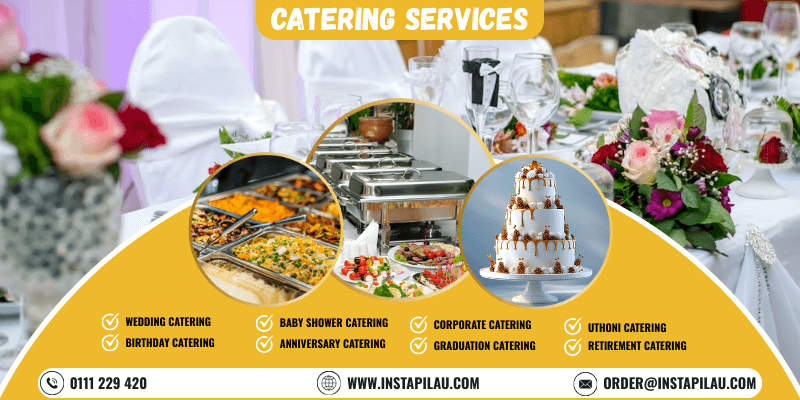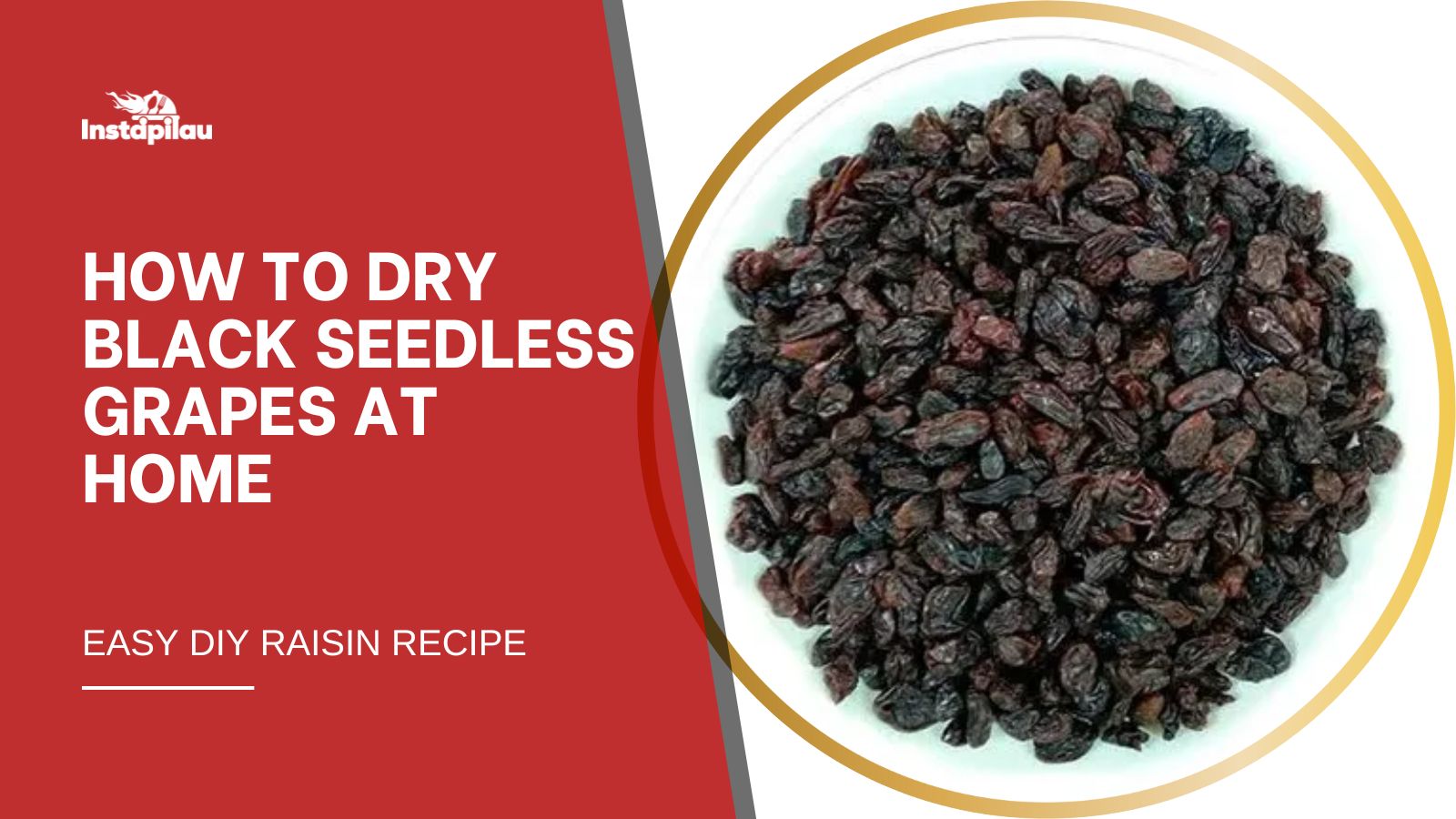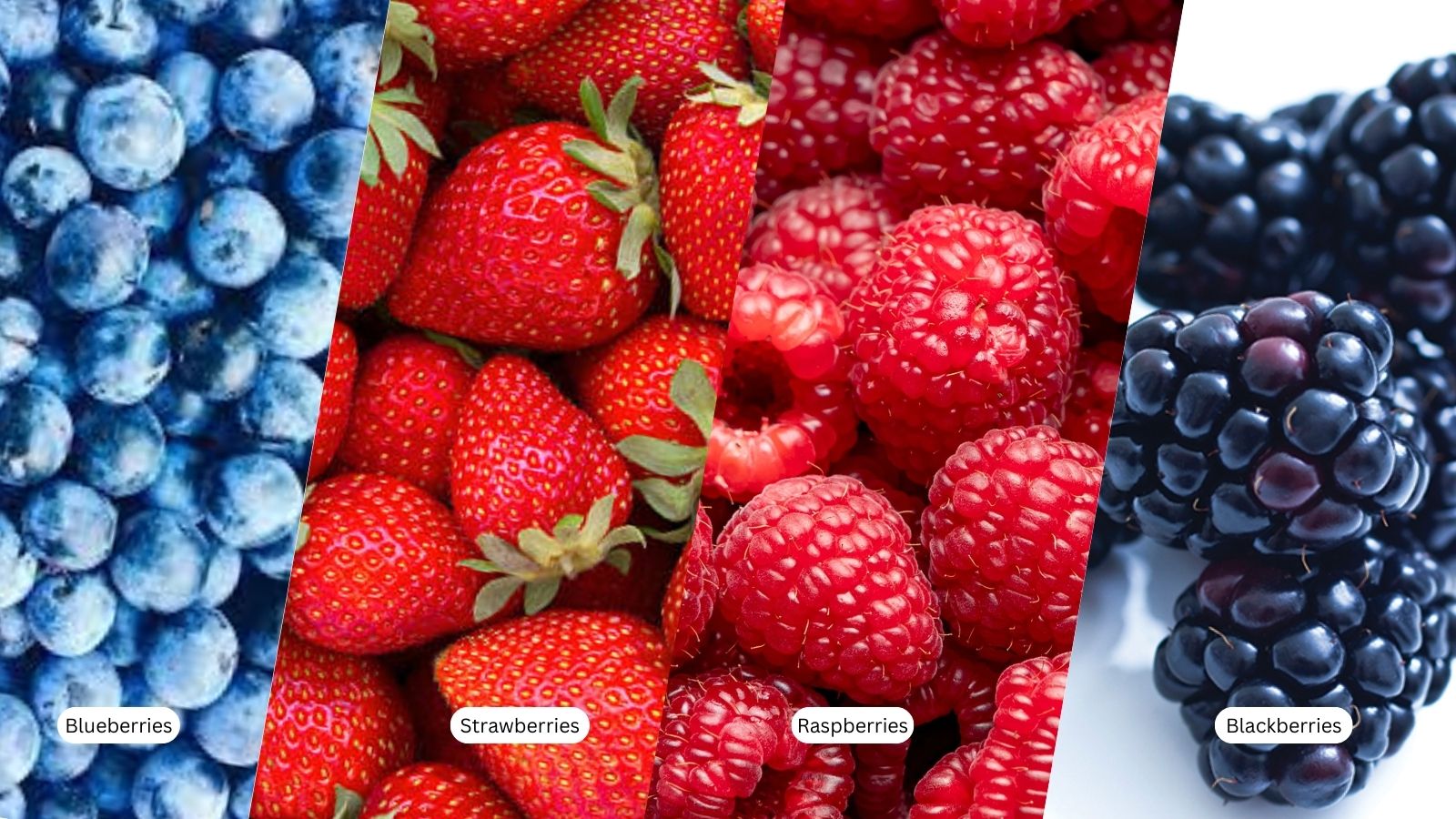

Baking 101: The Essential Skills For All Bakers
Baking is a wonderful blend of creativity, precision, and science. Whether you dream of making perfect pastries, delectable cakes, or artisan bread, mastering a few essential skills will set you on the path to baking success. This guide will introduce you to the fundamental techniques every baker should know.
1. Understanding Ingredients
Before you start baking, it’s crucial to understand the role of each ingredient:
- Flour: The foundation of most baked goods, flour provides structure. Different types of flour (all-purpose, bread, cake) serve specific purposes.
- Sugar: Sweetens and helps with browning. It also affects the texture of baked goods.
- Fat: Ingredients like butter or oil provide moisture and richness, influencing the final texture.
- Leavening Agents: Baking powder and baking soda create lift in baked goods. Knowing how to use them is essential for achieving the right texture.
- Eggs: Bind ingredients together and add moisture and richness.
2. Measuring Ingredients Accurately
Accurate measurements are crucial in baking. Here are some tips:
- Use a Kitchen Scale: For best results, weigh your ingredients instead of using volume measurements. This ensures consistency, especially with flour and sugar.
- Level Off Dry Ingredients: When using cups, level off dry ingredients with a straight edge for precise amounts.
- Room Temperature Ingredients: Many recipes call for room temperature eggs and butter. This helps them mix more evenly and incorporate air better.
3. Mastering Mixing Techniques
The way you mix ingredients can affect the texture and structure of your baked goods:
- Creaming: For cookies and cakes, beating sugar and fat together until fluffy incorporates air for a lighter texture.
- Folding: A gentle technique used to combine ingredients without deflating the batter, often used for egg whites or whipped cream.
- Kneading: For bread, kneading develops gluten, giving the dough strength and elasticity. A well-kneaded dough should be smooth and elastic.
4. Knowing Your Oven
Understanding your oven is vital for successful baking:
- Preheating: Always preheat your oven to the required temperature before baking. This ensures even cooking.
- Oven Thermometer: Invest in an oven thermometer to check if your oven runs hot or cold, as this can affect baking times and results.
- Baking Positions: Use the center rack for even heat distribution, but know when to adjust based on what you’re baking (e.g., cookies may do better on the upper rack).
5. Timing and Temperature
Baking requires attention to detail:
- Follow Recipe Times: Use timers to avoid over or underbaking. Remember, every oven is different!
- Check for Doneness: Learn techniques for checking doneness, such as using a toothpick for cakes or tapping bread for a hollow sound.
6. Cooling and Storing
Proper cooling and storing methods ensure your baked goods maintain their texture and flavor:
- Cooling Racks: Allow baked goods to cool completely on a rack to prevent sogginess.
- Storage: Learn how to store different baked goods (e.g., cakes, cookies, bread) to keep them fresh.
Conclusion
With these essential baking skills under your belt, you're well on your way to becoming a successful baker. Baking is about experimenting and having fun, so don’t be afraid to try new recipes and techniques. Remember, every mistake is an opportunity to learn, so embrace the journey!




